To get a more crystal picture of the relationship between marijuana and blood pressure, we should first elaborate on the term blood pressure. Blood pressure is defined as the pressure exerted for blood to circulate along the walls of the surface of the vessels of blood. The heart’s activities mostly achieve this pressure, that is, getting blood pumped throughout the body’s circulatory system. In layman’s language, blood pressure can simply be explained as large arteries’ pressure.
Blood pressure as a medical condition is further classified into high blood pressure and low blood pressure. In this context, our focus is mainly on marijuana and high blood pressure. When the force exerted by blood while it’s pushing through the blood vessel’s walls is extremely high, one is said to suffer from hypertension, otherwise known as high blood pressure or HBP.
Hypertension is a silent threat to your health, and the worst part is that you might not even feel like there is anything wrong with you, until that moment, when severe symptoms begin to manifest. This happens after a prolonged period of having high blood pressure.
Blood pressure and marijuana are closely related according to several research reports conducted in the recent past, as covered by this article later. The biggest concern running through your mind right now must be: how would I know if my blood pressure is high?
To answer this question, first, you must be aware that the body’s normal or, in other words, usual blood pressure should be 120/80 or below that. To declare your blood pressure high, the number must be either 140/90 or higher than that.
Further, to understand this issue of marijuana and blood pressure, I will highlight some of the extended risks posed by high blood pressure. Most of these medical complications tend to be long term. They include vascular dementia, aortic aneurysm, heart failure, stroke, heart disease, peripheral artery disease, kidney disease, and heart disease.
The causes of blood pressure range from genetics, stress, old age, a family history where some family members may have suffered from high blood pressure, using excess salt in food, and not doing physical exercise.
After all, is said and done about blood pressure and marijuana, you might now be wondering, “What does all that have to do with smoking weed or, rather, what is the connection between marijuana and high blood pressure?” Before providing an answer to that in the subheadings below, I must first remind you that there is the presence of two primary cannabinoids in every strain. These are tetrahydrocannabinol (THC) and Cannabidiol (CBD). Both of these cannabinoids are high influencers of the levels of blood pressure in the body.

Research has it that marijuana smokers are faced with higher risks of succumbing to complications resulting from high blood pressure compared to those who don’t partake in the smoking of the drug.
In a study to prove the relationship between marijuana and blood pressure, a total of 1213 persons aged 20 years and above took part in a health survey that was nationally conducted at the beginning of the year 2005.
Among those present for the survey, 57% said that they had used marijuana at one point and therefore were considered users. The researchers later looked at the statistics on different death causes in the year 2001 and connected the deaths to high blood pressure, stroke, and heart disease caused by the use of marijuana.
In their conclusions, these researchers pointed out that the users of marijuana were at higher death risk of death from illnesses such as high blood pressure compared to the ones who were non-users.
Together with heightening the risk of contracting heart disease, kidney and heart failure can also occur due to blood pressure and marijuana. However, the results of this study suggested that the estimated use of marijuana might not have been very reliable since it was not known to the researchers whether the participants had consumed marijuana many other times before their first use or whether they stopped using it after their first consumption.
In addition to this, people may have underreported the times they had used this illegal substance, making it harder for the researchers to come up with a concrete report showing how marijuana and blood pressure were related.
Despite all that, the research results mostly proved that smoking marijuana brought about similar cardiovascular risks to smoking cigarettes. Therefore, there are high chances, that marijuana and high blood pressure are closely related.
Medical practitioners believe that marijuana may increase blood pressure. Nonetheless, this depends on the amount of marijuana used; the higher the amount, the more severe impact it will have. Due to this reason, people with high blood pressure should avoid the use of marijuana.
Marijuana can also increase your blood pressure indirectly. For instance, consumption of marijuana can lead to an increase in appetite. An increase in appetite can influence you to make wrong dietary choices such as eating fatty and salty foods, often leading to weight gain. Weight gain is a major risk factor for increased blood pressure.
Another major thing you need to know about marijuana and blood pressure is that it can easily lead to heart disease. Once you smoke marijuana, the cannabinoids raise the heart rate, leading to the dilation of blood vessels and making the heart pump faster. Medical practitioners suggest that after smoking marijuana, the probability of a heart attack is higher than it would be in a normal situation. Though the link is weak, the use of marijuana can also lead to stroke or atrial fibrillation.
According to past case studies, it was ruled that acute marijuana intoxication can lead to a heart attack or a stroke. Nonetheless, several studies have been conducted after that and have come up with completely different findings.
During the mid-2000s, reports from medical practitioners concluded that there exists no connection between acute marijuana use, heart attacks, and strokes. According to the reports, a huge population consumes marijuana but is not suffering from heart attacks and strokes. In addition to the studies conducted then, an in-depth study for the past two decades came up with the exact conclusion.
Nevertheless, if you suffer a heart disease, or high blood pressure, you should be careful when smoking marijuana. When consumed in high amounts, the user is likely to suffer from high blood pressure, especially during the first 30 minutes.
However, when consumed in low amounts, the increase in blood pressure is temporary. Conceivably, the best way to consume marijuana is to smoke it in low doses; this will easily allow your body to adjust back to healthy blood pressure after the first puff.
The answer is absolutely. Believe it or not, the position you are in when smoking marijuana can affect your blood pressure. When a user smokes marijuana while lying on a couch, chances are the blood pressure will rise than in normal situations. Nonetheless, if a user smokes marijuana while standing, the blood pressure will reduce.
That’s the reason why some users pass out after standing from a smoking session. The blood pressure levels must have risen while they were sitting but quickly dropped when they stood up, causing them to lose consciousness.
Hypertension is a major health concern and affects millions of individuals in the world. In addition to causing heart attacks, it also exposes you to health risks such as aneurysm risk and stroke. Eventually, many people suffering from blood pressure are looking for ways to deal with it. Some prefer to take a natural approach, such as using marijuana. This triggers the question, what is the relationship between marijuana and blood pressure?
Unlike other areas of research regarding marijuana, this question may lack a definite answer. This is because the relationship between blood pressure and marijuana varies depending on the type you are using. Also, the effects may vary; they can either be short-term or long-term. It is worth learning more about blood pressure and marijuana.
Even so, it is important to note that unlike, a car whose tires or brakes are replaced during a breakdown, your blood vessels and heart will never get a replacement, and they are required to work 24/7. Moderation is, therefore, key when integrating marijuana into your system.
Disclaimer: The content provided in AMS blog articles, including those related to medical seeds, is strictly for informational and entertainment purposes only. It is not intended to be taken as medical advice. For any medical concerns or questions, we strongly recommend consulting with a qualified healthcare professional. Your health and well-being are important, and a healthcare provider can offer personalized advice and guidance based on your specific needs.
I know you are wondering, what if you smoke marijuana and also take some medication? Will your blood levels rise? Will there be any negative effects?
Well, if you smoke cannabis and are prescribed high blood pressure medication, there may be adverse effects. Cannabis smoke contains carbon monoxide; this gas combines with hemoglobin in the blood, displacing oxygen. This results in to slow supply of oxygen in the body tissues; people are therefore advised to avoid smoking.
Instead, you are advised to use other methods of cannabis intake, such as cannabis edibles. They are safe when used on a person who is under blood pressure medication. That said, marijuana may not have any effect on your prescription, but kindly avoid smoking.
Yes, this is an interesting fact about marijuana and blood pressure. Abrupt termination of heavy marijuana use can lead to a significant increase in blood pressure for its users. It is therefore critical to monitor your blood pressure before you quit cannabis use, specifically if you have an existing condition such as hypertension. Doctors are yet to discover the cause of this effect.
One of the few positive relationships between marijuana and blood pressure is that cannabis can lower high blood pressure. By acting on the heart's muscles, it causes some vasodilatory effects that lower the blood pressure. However, for such medical purposes, users are encouraged to consume Indica instead of Sativa marijuana. Indica has higher levels of CBD value, which is more therapeutic as compared to the THC in Sativa. On the other hand, Marijuana Sativa is the greatest contributor to the negative relationship between Marijuana and High Blood Pressure.
The most straightforward answer to this is yes. Though we discussed this earlier, the blood pressure effects don’t lower immediately. Marijuana contains several compounds and also has numerous actions that affect blood pressure. To start with, there are few localized cannabinoid receptors in the heart that respond to Cannabinoids by reducing the heart rate. Similarly, the CBD element may trigger some cardioprotective factors. This means that as you reduce your heart rate, you will also protect it from a heart attack.
Similarly, the cannabinoids may influence your blood pressure rate using the autonomic nervous system. The autonomic nervous system is the part that responds to environmental changes leading to changes in your blood pressure; by moderating it using the CBD, your blood pressure will improve.
It is also ideal to note that most chronic marijuana users do not experience any temporary blood pressure. Studies indicate that within a few days of regular use of marijuana, the blood pressure and heart rate are normally lowered. It is funny that body tolerance contributes greatly when it comes to the effects of marijuana and high blood pressure in the body! Besides, a growing number of people who suffer from blood pressure are sharing evidence on how marijuana maintains their blood pressure in the healthy range.
We are sure that you already feel a growing inclination to purchase some marijuana for medical purposes such as treating blood pressure. If this is the case, kindly seek medical assistance from a qualified practitioner so that you can easily use marijuana without any legal complications.



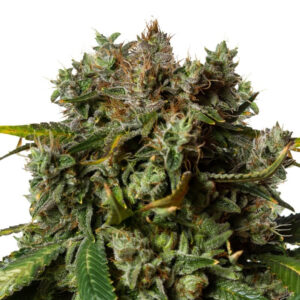

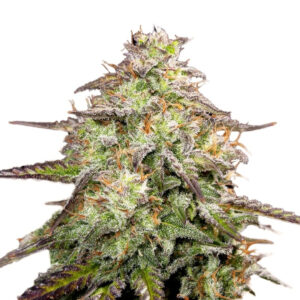
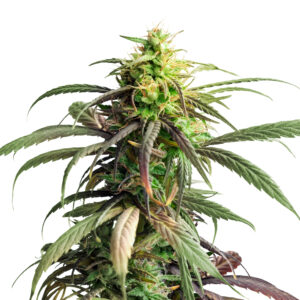






Related Posts
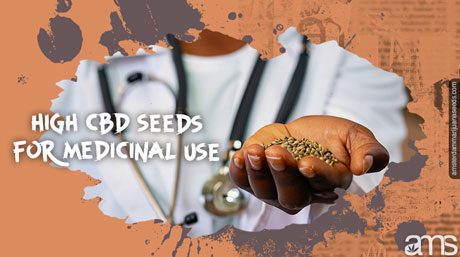
CBD, a non-intoxicating component of cannabis, is noted for its therapeutic properties, offering relief from anxiety and other conditions without the side effects of THC. High-CBD seeds, legal in areas where medical cannabis is permitted, are a popular choice for those seeking natural remedies. These seeds are designed to maximize the therapeutic potential of CBD, making it easy to grow CBD-rich plants for medicinal use.

Cannabidiol has been praised many times for its beneficial therapeutic properties. But does its effectiveness extend to dermatological conditions? How does CBD help
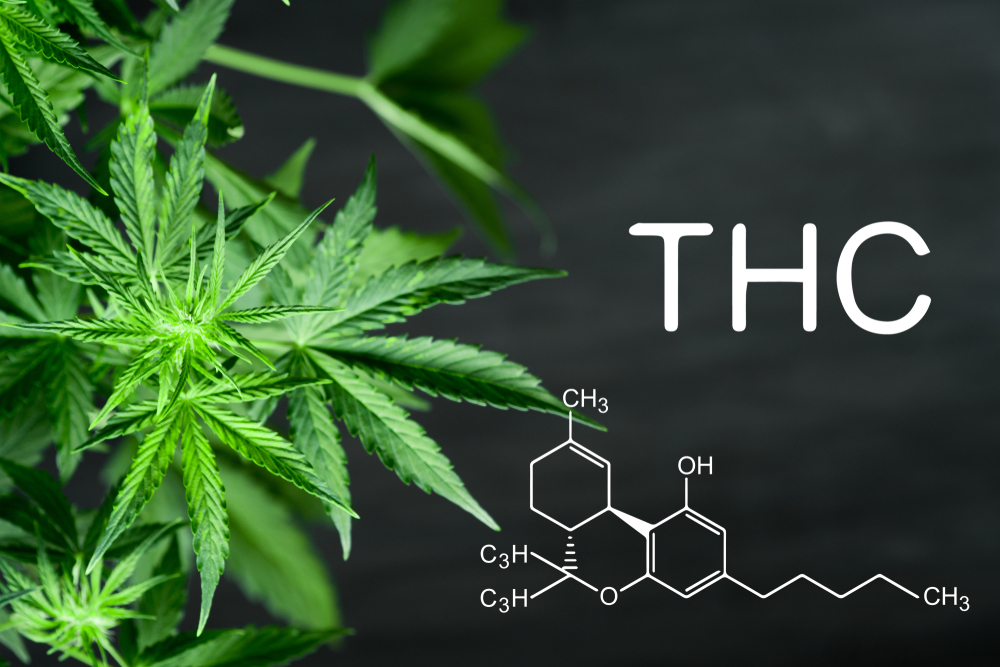
Of all the cannabinoids in marijuana, THC is the one that is the most studied in the medical field. And for good reason too.